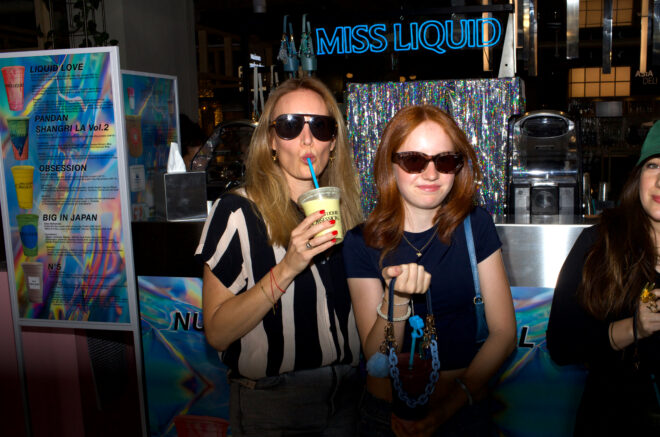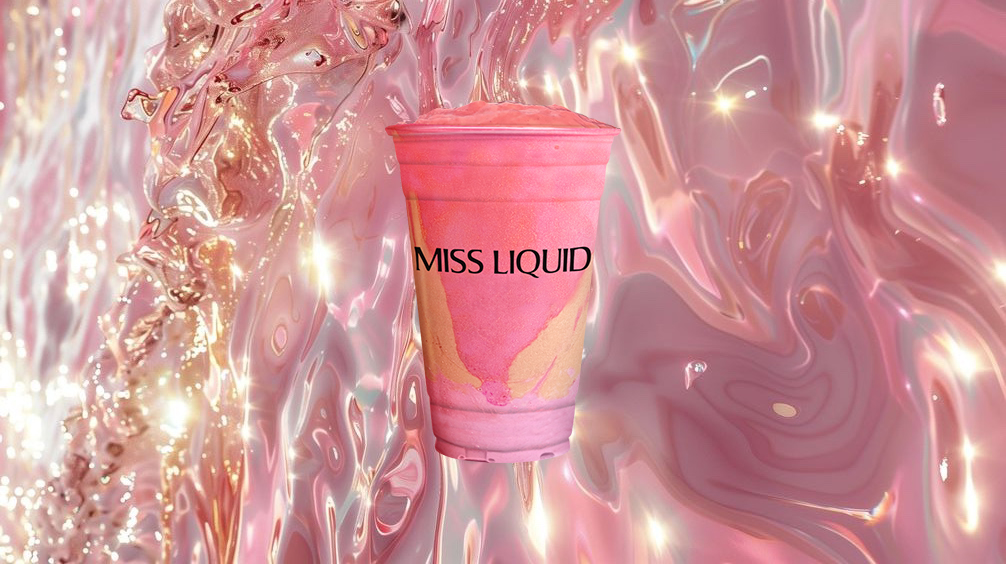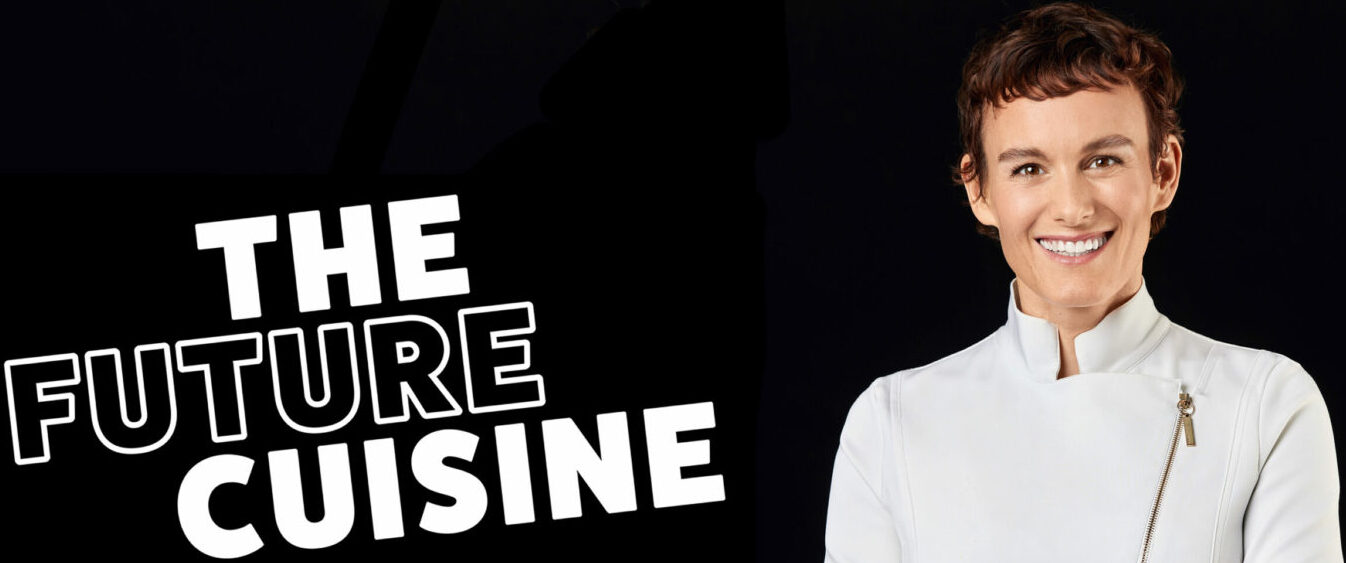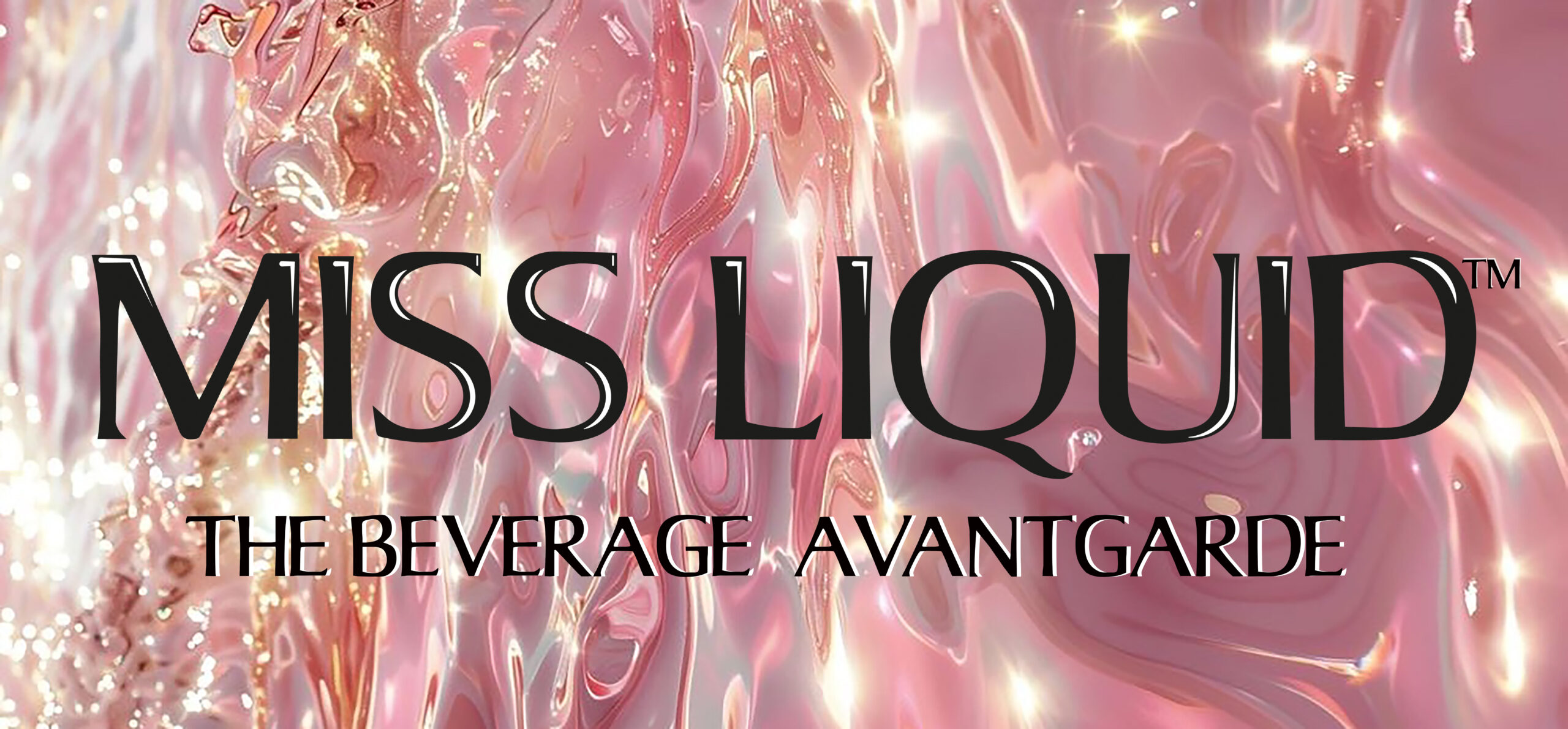All posts by
Lauren Wildbolz on the new Wild Foods campaign
August 25: MISS LIQUID Store Opening!
Every Friday until the end of July @ MISS LIQUID GLOBUS Bellevue & HB Mainstation: Bring a friend – get the second shake free*

*Free shake is the one of equal or lesser value.
MISS LIQUID @ GLOBUS Belleveu, July 1st – 27th!

Velogeschichten.ch
Lauren Wildbolz has many passions: cooking and cycling are two of them. Sometimes she can combine the two. This is possible with the mobile “market kitchen” or with the bike courier for her vegan catering. The whole story is now available in the online magazine at Velo-Geschichten.ch
Video Work by Evelyn Steigbuegel
MISS LIQUID @ OSSWALD, Bahnhofstrasse 17, 8001 Zurich.

MISS LIQUID @ Büro Express, BHF Enge. Open daily.

April 5, 2025 ➸ Opening of our 1st store @ Büro Express, Enge train station!
Come by and celebrate with us.
Our first permanent MISS LIQUID store opens – a shop-in-shop concept in the Express office at Enge station, just to the right of the Brezelkönig.
MISS LIQUID Pop-up N°3 ⇨ August 29-31

St. Annagasse 18, 8001 Zurich
MISS LIQUID Pop-up N°3 ⇨ August 29-31, always 10am to 6pm.
Three years ago, I started swimming every day to relieve the back pain caused by my intensive catering and kitchen work. I noticed an increased need for nutritional supplements.
This led to the development of my functional MISS LIQUID Mylkshakes ®. These “Mylkshakes” are rich in proteins, collagen and vitamins and embody my creative and culinary work.
To find out if others also appreciate these mylkshakes, I will be hosting a pop-up at St. Annagasse 18 in 8001 Zurich on another 3 days, August 29-31 .





